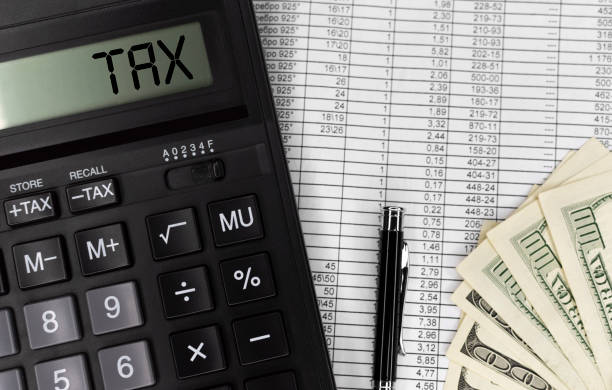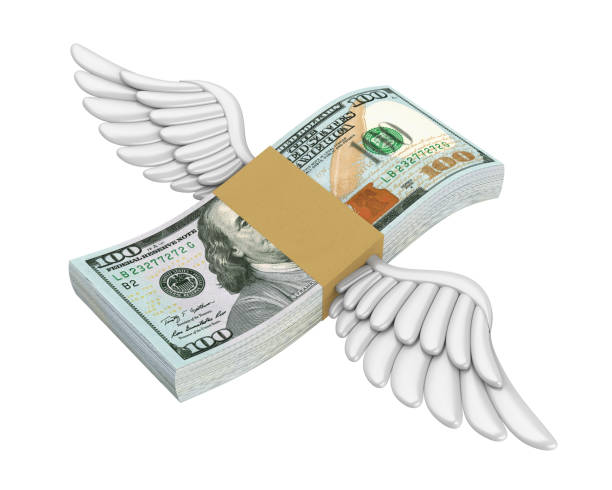There is bi-partisan support in Olympia for an overhaul of the way the state imposes taxes on the income of businesses in Washington. The current Business and Occupation Tax (B&O) structure is overly complicated and unfair to businesses, particularly new businesses that are just starting to become profitable.
B&O is assessed on a business’s gross revenue. This means, even if a business makes zero profit or even loses money, B&O tax is still applied to all the business income. Businesses are not allowed to deduct the business expenses from the profit. For example, a business could have income of $300,000 and in its first year of existence, spend $1,000,000 due to capital investments, start up and hiring costs. The business would be taxed on the full income of $300,000, even though it made a loss of $700,000.
Additionally, over the years, the legislature has imposed different rates and exemptions for different businesses sectors, creating a complex tax rate system that is difficult to apply and administer.
Policymakers often impose higher taxes on business owners because they think businesses somehow are not paying “their fair share.” In reality, however, businesses do not pay taxes at all. People pay taxes. The taxes elected officials impose on any business in a competitive marketplace are usually simply passed on to customers. In most cases, the more taxes officials make a business pay, the more they make people pay.
The B&O tax is also applied at all the stages of manufacture. This means that some products have B&O tax applied multiple times before reaching the consumers hands.
The Tax Structure Work Group is currently meeting to review Washingtons tax policy, and the B&O tax will feature prominently in their deliberations.
The Washington Policy Center (WPC) has been an advocate for B&O tax reform over the last 20 years. You can read the detailed policy brief here.
WPC is recommending a Single Business Tax (sometimes called a gross receipts margin tax) based on total receipts as a replacement for the B&O tax. This approach is similar to that taken by the Texas Franchise Tax.
- A Single Business Tax would be created as the only tax the state and cities (but not counties) could levy on employers.
- All existing state and city taxes on employers would be repealed, except for the new Single Business Tax.
- Counties, which currently do not impose business taxes, would continue to be prohibited from doing so.
- The change would only affect the business tax. There would be no change in state and local sales taxes and property taxes currently paid by businesses.
The Single Business Tax would be computed by subtracting from an employer’s total gross annual receipts the cost of either production or total compensation to determine the amount of money against which the tax rate is applied. The taxable amount could not be more than 60% of total gross receipts.
A uniform tax discount would be provided to reduce the impact of the Single Business Tax on small businesses with low profitability.
Too often the discussion of how to replace the B&O tax revolves around enacting either a corporate income tax or a personal income tax. An income tax remains extremely unpopular in Washington and voters have made it clear they do not want their elected representatives to impose such a tax on either businesses or the incomes of individual citizens.
The B&O tax structure is in dire need of reform and a simpler, fairer, single business tax, as a replacement for B&O taxes, is the best approach to take.





